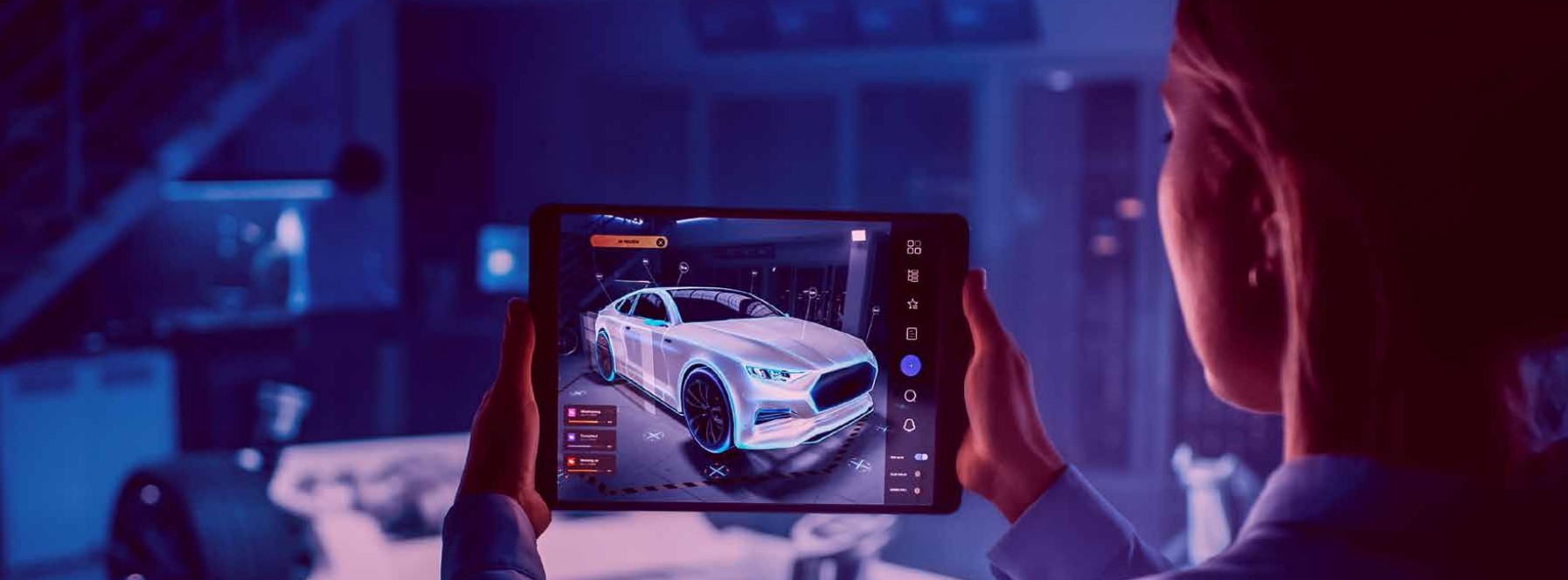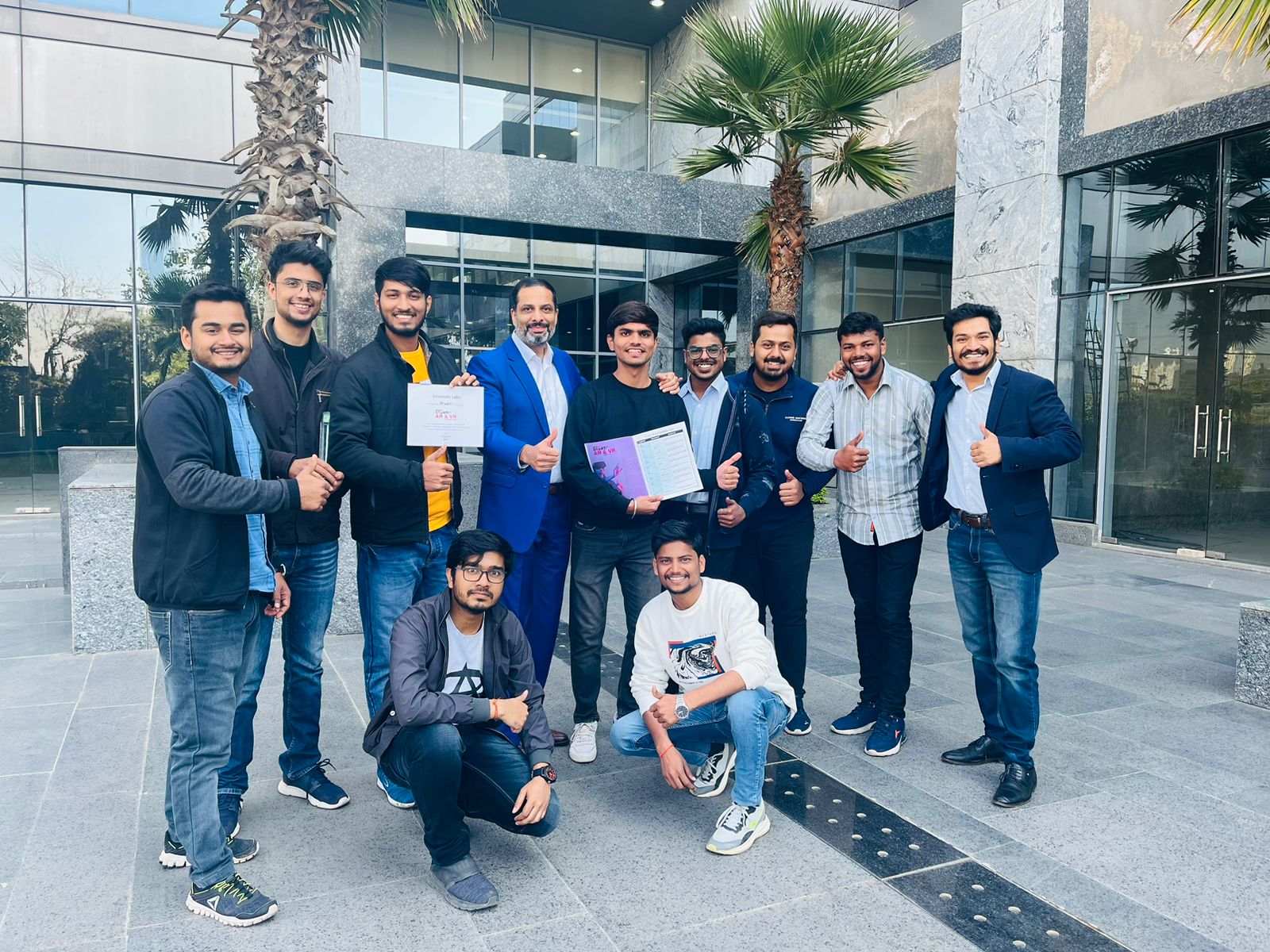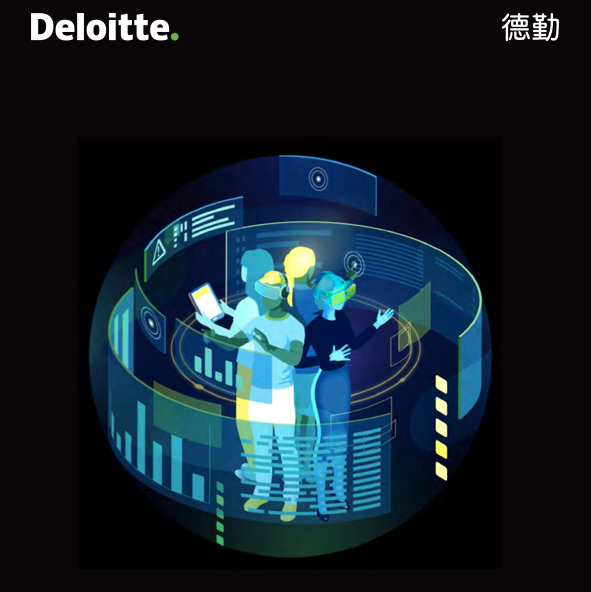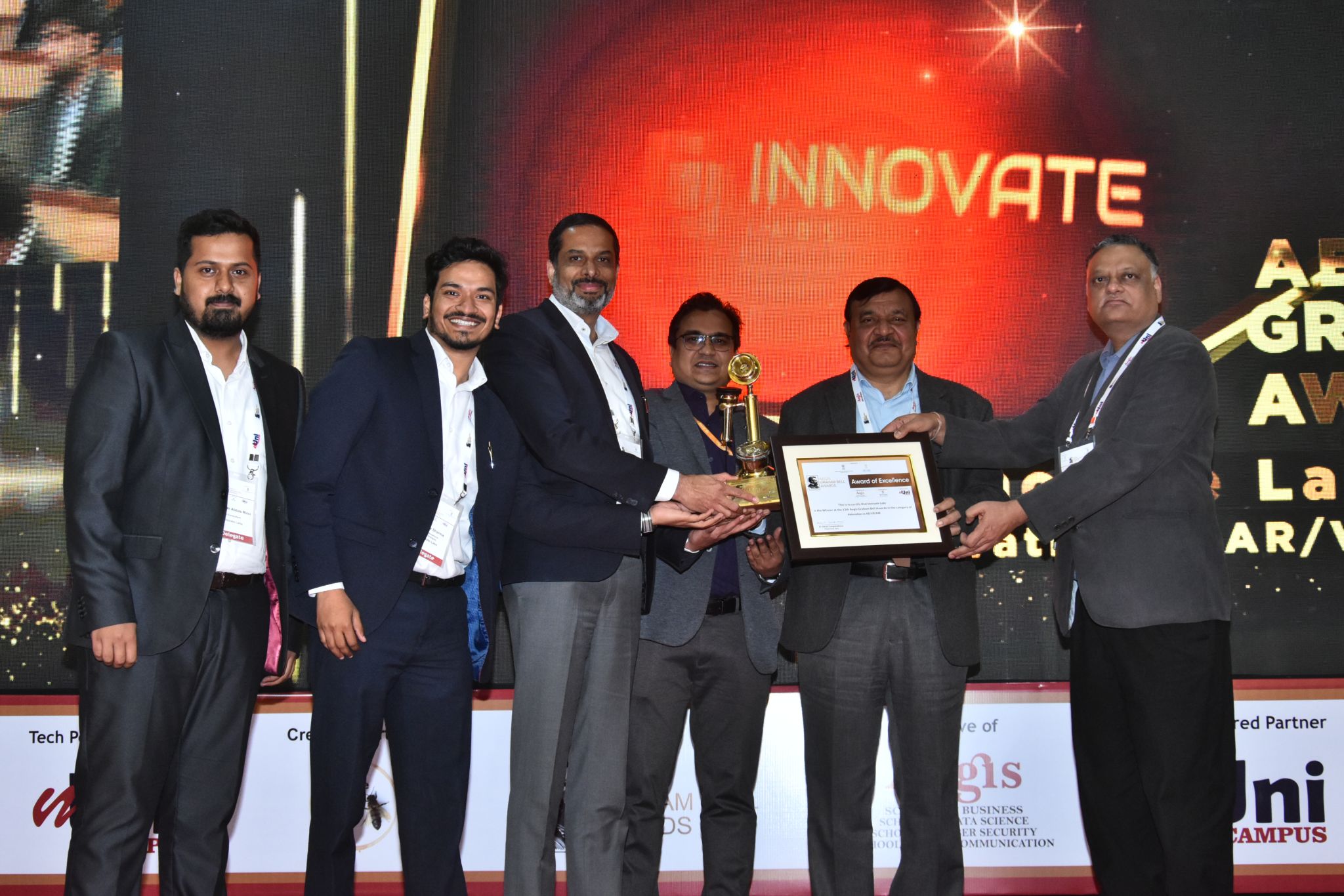
Innovate Labs Wins the Title of Best Innovation in AR/VR
- Mar 09, 2023
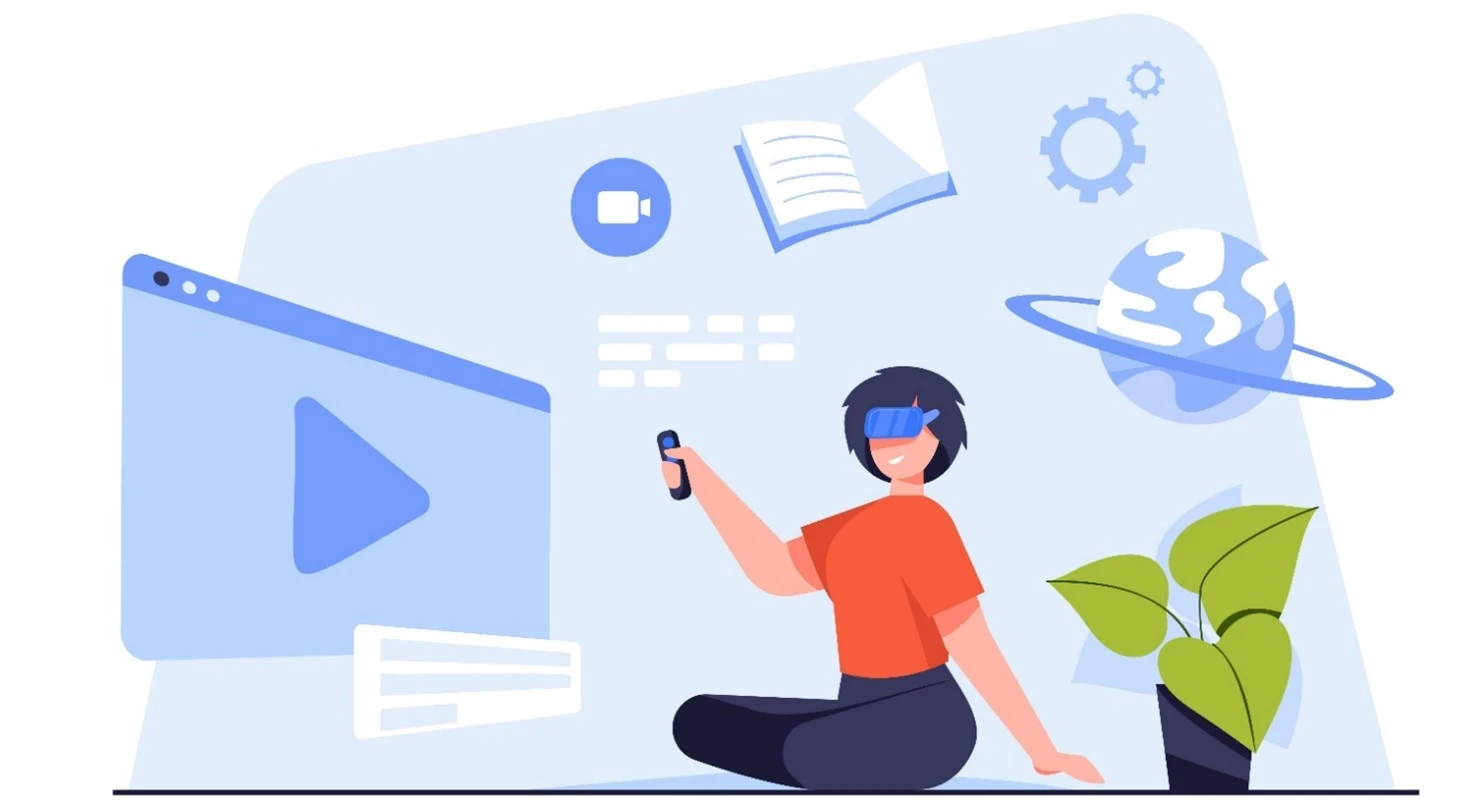
Digital technologies are continuously transforming the way we consume and share content in our daily lives and because of this our education system is also undergoing some massive changes.
The education industry in India has witnessed a huge shift towards eLearning during the last two years of the pandemic and is no longer restricted to just traditional classroom setups or the old ways of the passive learning environment.
Exposure to technology over the last few years has changed the expectations of parents as well as learners themselves. Learning in schools for all ages is expected to be now personalized, engaging, and applied. More and more parents are moving away from the concept of measuring their child’s success through ranking in class, especially in early learning years, and are rather looking at the relative and overall growth of the child from where he/she started.
In short, India is on the verge of a huge evolution and disruption in its education system powered and facilitated by technology.
In India, there has been significant development in the IT industry and a drastic advancement in the application of technology in education. One prime example is the growth in the Edtech industry, the third-largest funded industry in India, with $4.7 billion raised in 2021 with some new EdTech players offering video-assisted remote learning, immersive learning, AI and VR, on-demand learning, etc.
Apart from EdTech, India’s school-going population of over 250 million is a huge market that offers vast growth potential for technological advancements in the next 3-5 years. All this investment is because technology offers the sweet spot where learners are actively engaged in the learning process, content delivery is personalized to students’ needs and effective learning takes place. The new education systems around the world are placing learners in the center and levering immersive learning technologies to involve all of the five senses in the learning process, particularly vision, sound, and touch, which were missing from the traditional learning methods.
Also, research over many years and theories such as Edgar Dale’s Cone of Experience clearly showcase a direct correlation between a learner’s ability to retain more information by “doing” as opposed to “hearing”, “reading” or “observation”. As per the cone experience reading text and listening to lectures, students only retain 10-20% of the information shared, compared to simulating a real experience or a role-play situation, where the retention of information is between 80-90%.
There are different types of immersive learning technologies such as Augmented Reality, Virtual Reality, Mixed Reality, and 360 Films that can help provide a dynamic learning environment to students and help in deeper learning. So, learners can learn through games, take virtual field trips to historic buildings while learning about the history, or interact with 3-D objects to make abstract concepts more relatable such as learning the periodic table & element properties while virtually experimenting with the element and seeing the reactions take place in a safe environment.
With all the above advantages and benefits offered by immersive learning technologies, the next question in everyone’s mind is “By when can Indian schools, government, and private schools, adopt these technologies at the mass level?”
Through many Indian government initiatives as well as corporate social responsibility programs in the private sector, the education sector is forecast to spend more than $6 Bn annually on augmented and virtual reality technologies by 2023. As a result of this, Indian schools are starting to get the help & resources needed for setting up AR/VR labs but there is still a lot of work to be done to fully integrate immersive learning technologies with the current set-up at the school and college level all over India.
First, the above-projected growth might slow down due to the expected recessions in 2023 but apart from the impact of the recession, there are many other things that need to be taken into consideration to allow mass adoption and usage of immersive technologies among schools all around the nation.
One of the biggest challenges for the adoption of the last few years has been the affordability and price points for equipment but according to a new market forecast from ABI Research, with more and more competition and technology start-ups entering the immersive technology space, the equipment prices are projected to drop rapidly in the next few years as well as most of the smartphones can now support AR/VR applications so the need for buying new equipment is being addressed.
In addition to this, the other factor is the development of quality content that meets the curriculum and requirements of the state and central boards as well as a training and management program so that teachers are brought up to speed and proactive updates to the applications are made for smooth functioning and content delivery.
Many companies like Innovate labs - an AR, VR, and MR company in India, are actively working and collaborating with educational institutions around the country to develop customized content for schools and universities and help provide immersive learning to students for many physically impossible scenarios such as space, undersea, forest, etc. Although initial steps and daily progress are being made in the content development and training programs for teachers, it may take a few years for the acceptance of this content by the government and private schools.
It is indeed an exciting time for the education industry of India, and we are not far from making immersive learning in schools and colleges around the nation a reality. The transformation is happening from textbooks to application-based learning at a faster pace than we expected a decade ago and this is all for a brighter future for the country.

